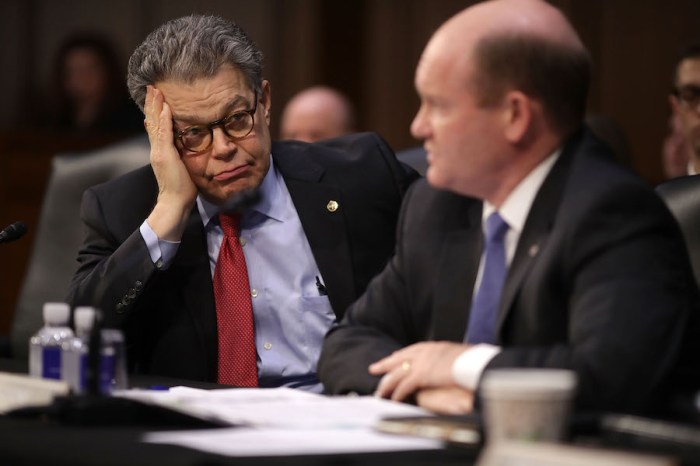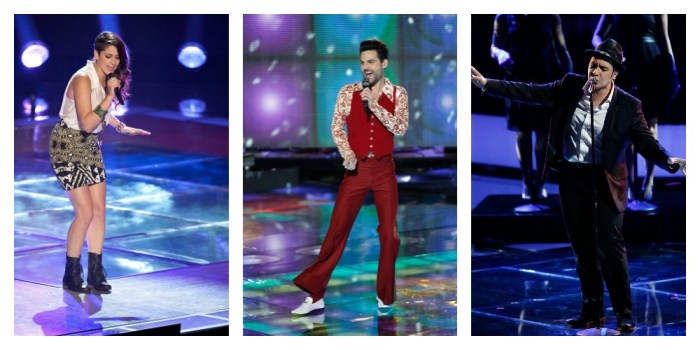The actress and filmmaker Liv Ullmann is most often associated with Ingmar Bergman, the director with whom she made several films (among them “Persona” and “Scenes from a Marriage”) and with whom she remained close until his death. There was even a documentary last year, “Liv & Ingmar,” about their relationship. But we didn’t ask her about Bergman. As she did press for her latest directorial work — an adaptation of August Strindberg’s “Miss Julie,” starring Jessica Chastain and Colin Farrell — the conversation roamed from the play itself to what it says about class today to technology to her stint in Hollywood, when she “took down two studios” (including with the notorious 1973 musical desecration of “Lost Horizon”) and even did a film with one of America’s most famous screen badasses. There’s this sense in your “Miss Julie” of the actors really getting free rein in takes that go on longer than usual. What is your shooting style like?
The cinematographer does the lights, I do the framing. I believe the director does the framing. And the actors, they are the creators, really. We do some rehearsal, I tell them some thing I’ve been thinking. But when the camera comes in, it’s all theirs. They are the creators. They are so valuable. I don’t tell them what to think. That’s why I only work with incredible actors. You’ve spoken about how Strindberg wasn’t always great with female characters.
He didn’t really love women. There was a lot of antagonism in how he wrote women. He didn’t like women. In the preface to “Miss Julie” he even wrote that. This is an adaptation, so I’m free. I kept the story and everything, but I thought maybe if Julie is thinking something I’ll let her say it. So she says a few things: that she’s alone, she’s not seen, she’s not connecting with anyone. [Strindberg] wrote really great roles for women, but if you want to give them sympathy you have to add that. This adaptation really stresses the idea of class, though Miss Julie herself is not a mere evil wealth monster.
I think she is almost far beyond that. She has this feeling of being nonexistent. She can’t get close to anyone, be it her class or his class. Class is more of a problem for the servants or the maids. She’s already on a lonely road to nonexistence. What do you personally think “Miss Julie” says about class today?
I feel it’s very much like class today; that’s why I kept it at that time. Maybe the audience will think it’s similar to what’s going on today. The higher class didn’t even want to be able to see the servants coming in and out of the home. And what do we see today? We really don’t want to be bothered seeing people who have nothing, which is many more than who we are. We don’t want to see what they’re doing except on the news. Something like Ebola, the idea is to keep them out of here — we don’t want to see them, this is none of our business. In a way I think “Miss Julie” has more strength today than when Strindberg wrote it. You’ve said that you don’t really do technology, social media, etc.
I don’t know how to do it! [Laughs] I am going to be out of the world soon, and I still read the news in newspapers. But when they are gone, I don’t know what I’ll do. I watch TV, but when TV is done, I don’t know. I have to find a course where they take old people who forgot to learn how to do it. It’s a world I have to get used to. It’s my fault. But it is true that we have less full-on conversations these days. We always have smartphones to fill time we might spent chatting with strangers.
Why don’t people have conversations anymore. E.M. Forster said we have to connect, but because of all these small things we are not connecting. But I could be on the wrong side, because I’m not learning. I’m not connecting either. You spent some time in the ’70s making Hollywood films, or even European films with Hollywood actors. One of those was 1970’s “Cold Sweat,” in which you starred alongside Charles Bronson. What on earth was that like? I love all the people I’ve acted with, maybe with exception of him. James Mason, who was also in the movie, told me, “I’m going to live so long that I can see that it doesn’t work to be rude like Charles Bronson.” But I’m sure he was nice. There was one day, though, when I was there with my little daughter, who was three years old. Charles Bronson had his five beautiful little white-dressed children. My little daughter went over to their table and said, “Can we play?” And he came back with my daughter and said, “Please keep your child to yourself.” You know, mothers don’t forget that. [Laughs] I’m sure everyone asks you about Charles Bronson.
No one. No one to this day has asked me about Charles Bronson. I don’t think anyone knows about that movie. That’s an exclusive. Follow Matt Prigge on Twitter @mattprigge
Interview: Liv Ullmann on ‘Miss Julie’ (and Charles Bronson)

Getty Images


















